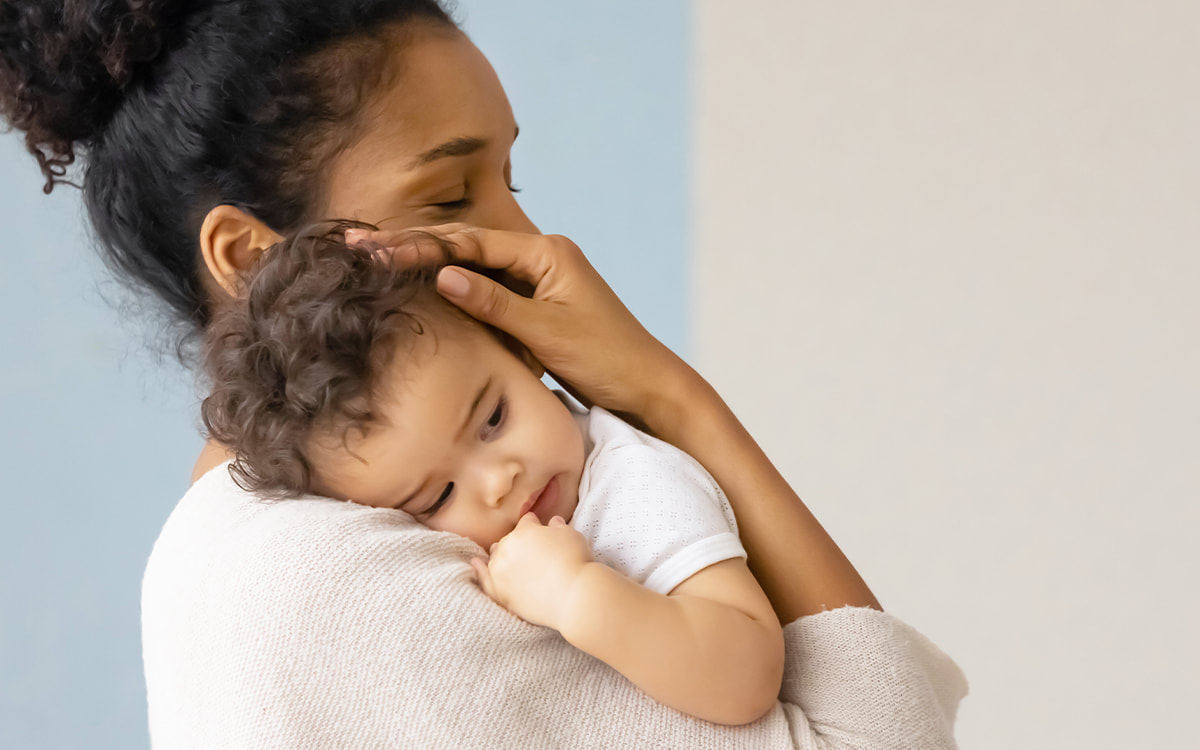|
Five tips to help relieve ear infection symptoms at home If your little one is cranky, unusually fussy and tugging at his or her ear or is feverish and having difficulty sleeping, chances are it may be due to an ear infection.  Ear infections in children often go away on their own or in some cases with antibiotic treatment. The challenge for many parents is knowing what to do, what to watch for and when to call their pediatrician. Five out of six children experience an ear infection by the time they are 3 years old, according to the National Institutes of Health. The odds are that your child will have an ear infection before kindergarten. What causes an ear infection? Ear infections can be caused by either bacteria or a virus, often following a cold. The common cold can cause the middle ear to become inflamed and fluid to build up behind the eardrum. The Eustachian tube, which connects the ears, nose and throat, can also become swollen. “Children are more susceptible to ear infections than adults because they have shorter and narrower Eustachian tubes, and it is easier for germs to reach the middle ear and for fluid to get trapped there,” says Kara Hutton, MD, a pediatrician at Scripps Clinic Rancho Bernardo. “Babies and children also have weaker immune systems, so it is more difficult for their bodies to fight an infection.” The onset of ear infections is often on day three of a cold. Ear infections peak at age 6 months to 2 years, and are a common problem until age 8, according to the American Academy of Pediatrics. What is the best treatment for ear infection? Some ear infections require antibiotic treatment, but many can get better without this medicine. If you suspect your child has an ear infection, your pediatrician can diagnose it and determine the right treatment. “Common ear infections often do not require antibiotics, except in severe cases or in infants younger than six months,” says Dr. Hutton. “Many ear infections will resolve on their own within a week.” For mild cases, your doctor might recommend watchful waiting to give your child’s immune system time to fight off the infection or delayed antibiotic prescribing, which gives you time to see if your child is still sick before filling it. Five tips for ear infection treatment at home Even when antibiotics are prescribed, they won’t take effect for 24 to 48 hours. Your child need not suffer. There are simple, effective ways to reduce your child’s discomfort and pain during an ear infection.
When to call your doctor Pediatricians recommend calling your doctor if:
Talk with your pediatrician if your child suffers recurrent ear infections, especially if you have a family history of allergies and asthma. Preventing ear infections While you can’t fend off every germ, there are steps you can take to reduce the risk of an ear infection, including by:
Comments are closed.
|
Categories
All
Archives
December 2023
|
|
|
|
|


 RSS Feed
RSS Feed
